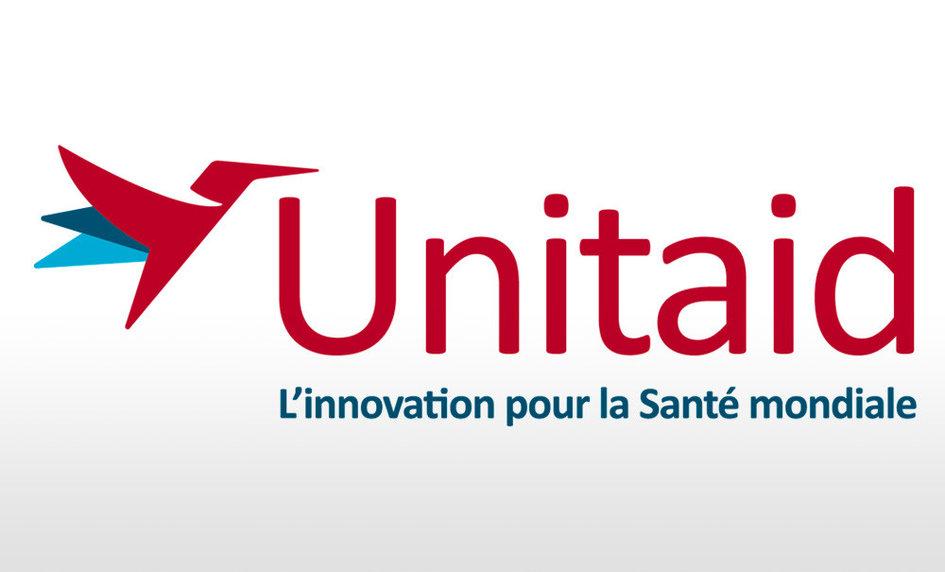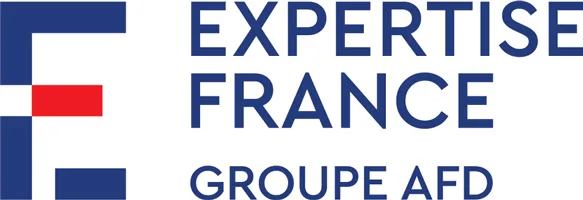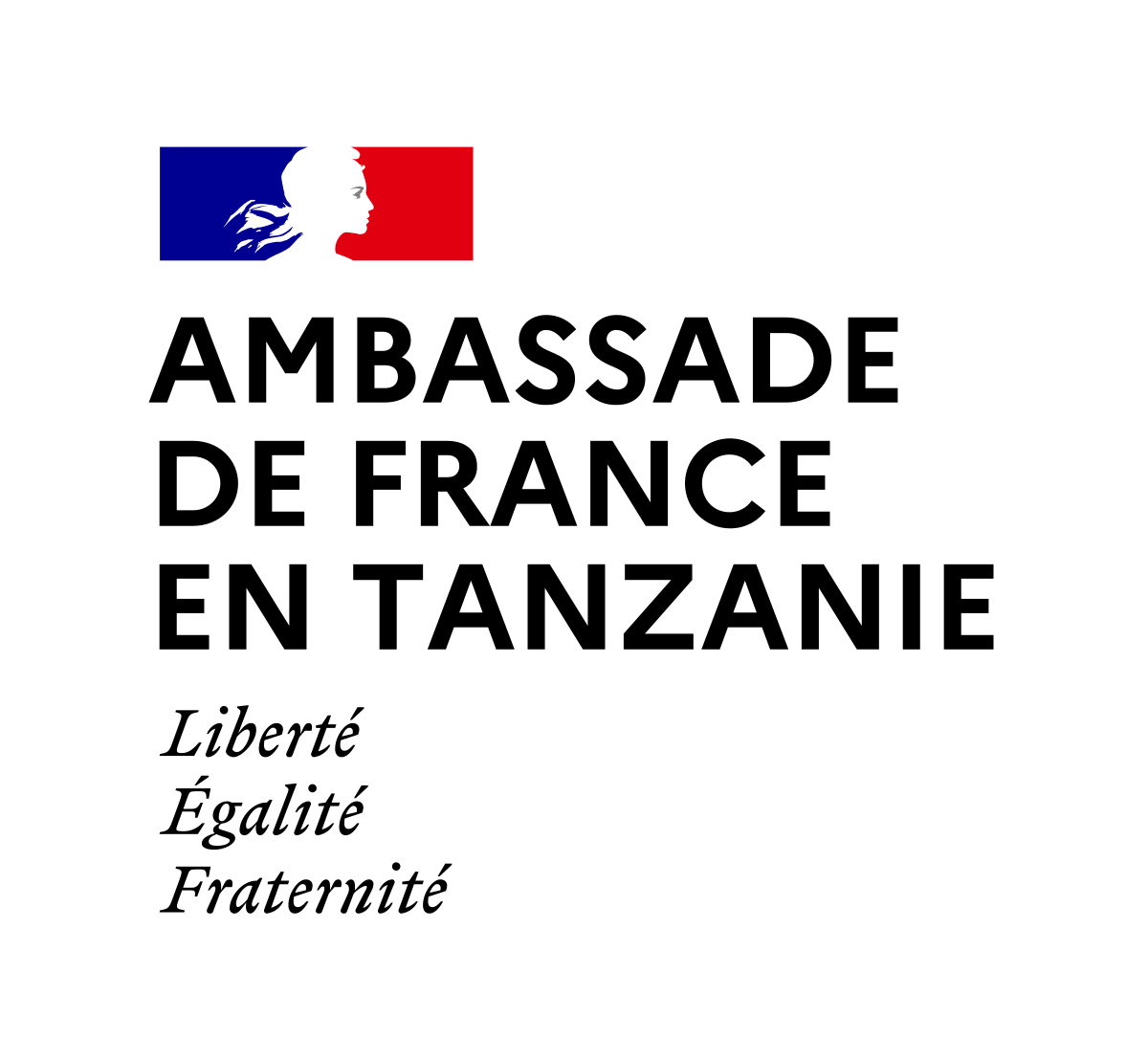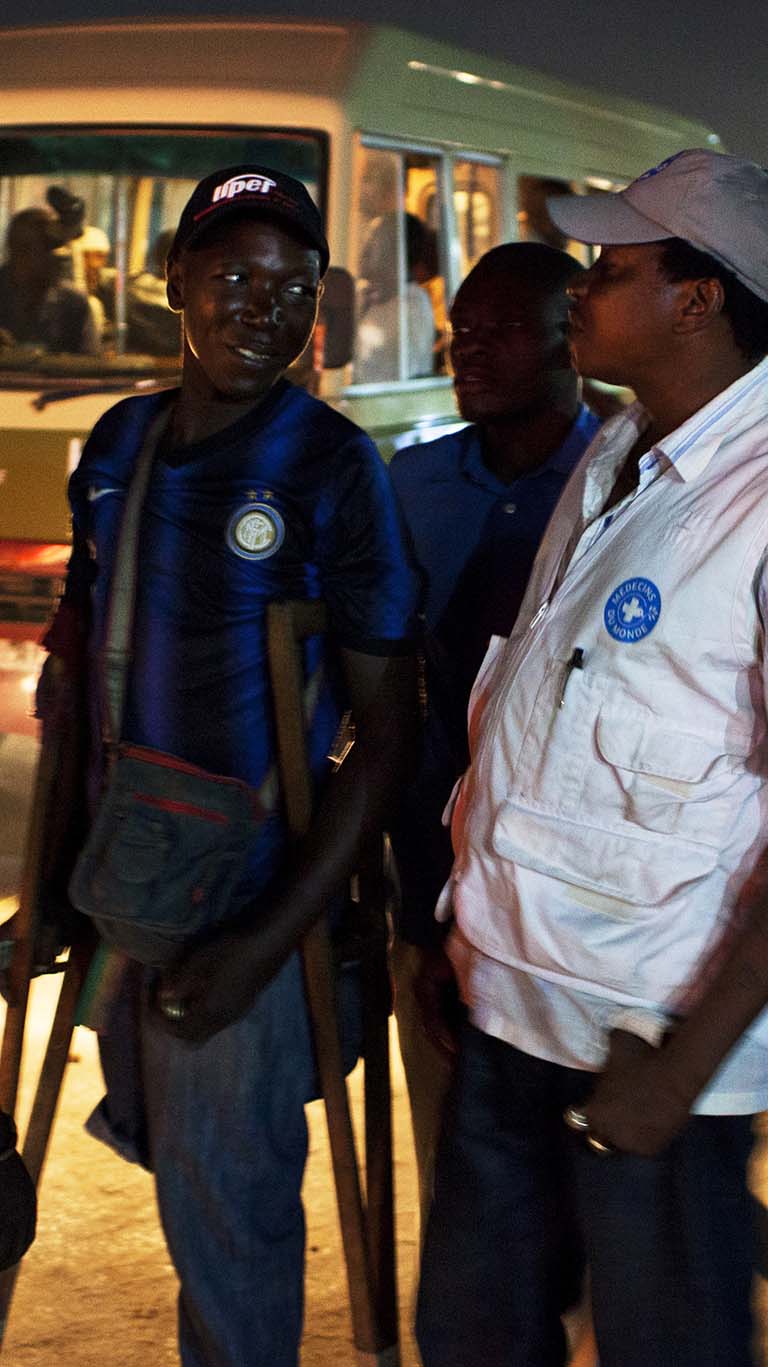
Tanzania
© Chien-Chi Chang
Médecins du Monde runs a range of development and assistance programmes to support communities in Tanzania. Find out more about our work and missions below.
THE NEED FOR HUMANITARIAN ASSISTANCE IN TANZANIA
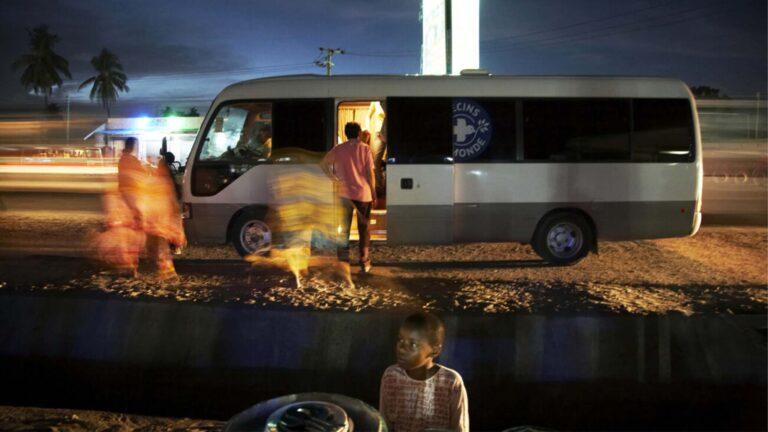
© Agnes Varraine Leca
OUR HUMANITARIAN WORK IN TANZANIA
In Tanzania, Médecins du Monde provides medical aid and technical assistance to the most vulnerable communities. Together with local partners we deliver harm reduction services and access to sexual and reproductive health and rights for people who use drugs, sex workers, LGBTQI+ people and vulnerable young people.













